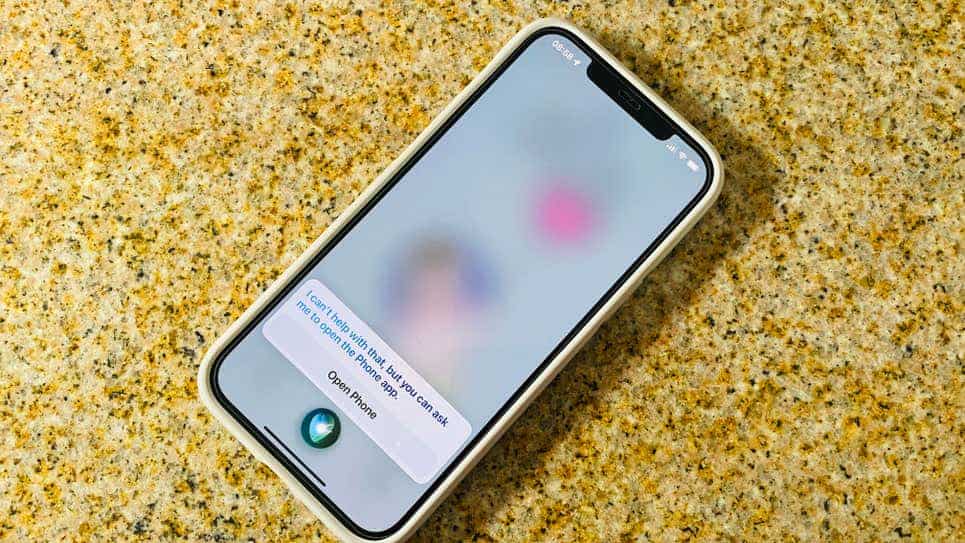AI assistants were made for humans to bark orders at, so Apple is reportedly working to eliminate the “hey” from “hey, Siri.” The idea is to make it faster to command the digital assistant on compatible devices like the iPhone, iPad, and HomePod smart speakers, especially if you need to make multiple commands in a row.
The report comes via Bloomberg, specifically Mark Gurman’s weekly Power On newsletter. While Gurman is usually on the mark with what’s next from Apple, the company isn’t pursuing anything differently than its competition here. Amazon already lets you shout out a hearty “Alexa!” instead of needing a full wake phrase, and some of Google’s smart devices already allow for shorter command phrases for specific prompts.
Gurman writes that Apple has been working on this change for several months, noting that while it might seem like a tiny change to remove the requirement to say “hey,” it does require quite a bit of retooling on the backend. For instance, Google only recently started rolling a similar capability. Even then, it’s limited to the latest Pixel smartphones and Nest Hub Max, devices that can “sense” the person in the room before they respond.
Gurman also says that eliminating the extra word would help speed up the command process. I don’t know that I necessarily believe that based on my experience with the Google Assistant, but I can certainly hope for Siri to get more responsive due to this tweak. As it exists, Siri is only OK for basic needs like calling a contact or turning off a light. It also doesn’t let you specify which device should listen in as you’re making a command.
There’s a reason you can easily find guides on how to infuse more of Alexa or the Google Assistant into iOS. Apple will also need to improve upon Siri as it carves out its place in the smart home. Apple HomeKit was recently rebranded to Apple Home, likely to help simplify the branding as the Matter smart home standard and new devices take off at the beginning of next year.

